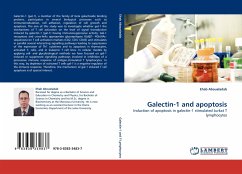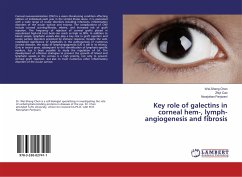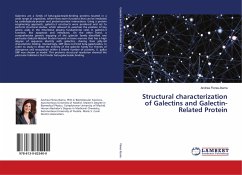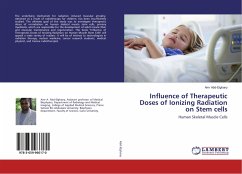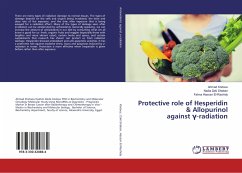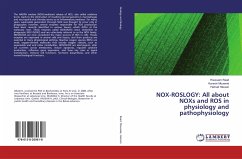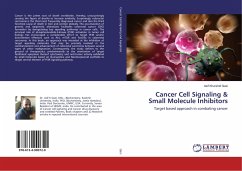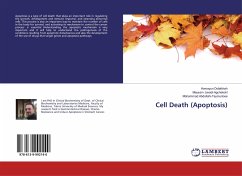Galectin-1 (gal-1), a member of the family of beta galactoside binding proteins, participates in several biological processes such as immunomodulation, cell adhesion, regulation of cell growth and apoptosis. The aim of this study was to investigate whether gal-1 the mechanisms of T cell activation on the level of signal transduction induced by galectin-1 (gal-1) having immunosuppressive activity. Gal-1 recognizes and cross-links appropriate glycoepitopes (Gal 1- 4GlcNAc- sequences) on T cell activation markers (CD2, CD3, CD45) and stimulates in parallel several interacting signalling pathways leading to suppression of the expression of Th1 cytokines and to apoptosis in thymocytes, activated T- cells, and in leukemic T cell lines. In cellular models by applying cell- and glycobiological methods we have focused on gal-1 induced or suppressed signalling pathways involved in inhibition of a processive immune response of antigen-stimulated T lymphocytes. In this way, by depletion of activated T cells gal-1 is a negative regulator of the immune response. Therefore, the mechanism of gal-1 induced T cell apoptosis is of special interest.
Bitte wählen Sie Ihr Anliegen aus.
Rechnungen
Retourenschein anfordern
Bestellstatus
Storno

